Do you want to drive more sales and increase customer loyalty while building stronger connections? Want to know how to apply emotional intelligence in your marketing?
If you look up ‘emotional intelligence in marketing,’ online, you’ll come across countless articles that talk about the amazing power that emotional intelligence (EQ) has on marketing success. But most of them don’t tell you how exactly to apply it to your campaigns.
That’s why, in this post, I’m going to talk about the role of emotional intelligence in marketing and how you can harness it to create successful campaigns.
More specifically, we’ll cover the following topics:
- What is Emotional Intelligence in Marketing?
- Why Your Marketing Needs Emotional Intelligence to Be Effective
- How to Use Emotional Intelligence in Your Marketing
What is Emotional Intelligence in Marketing?
Emotional intelligence in marketing helps you understand your target audience’s personas better and build trust with them. It also lets you communicate your brand’s value more authentically.
But emotional intelligence in marketing is not just about trying to elicit an emotional response or using an informal tone in your messaging. It’s not merely about solving a pain point or using a cool image. You have to go deeper.
Marketers who use emotional intelligence to develop highly successful campaigns share these 3 elements:
- They deeply empathize with their audience.
- They are honest about their marketing motives.
- They close the gap between what they want and what customers want.
Remember Apple’s ‘Think Different’ commercial from 1997? It’s one of the best examples of how emotional intelligence plays out in marketing:
Brands that add emotional quotient to their marketing focus on the things that their customers care about. And it doesn’t end there.
I’ll talk about how you can apply emotional intelligence in marketing in a step-by-step process in just a bit.
Why Your Marketing Needs Emotional Intelligence to Be Effective
The business world at large is at a difficult juncture right now. The use of artificial intelligence (AI) and automation in marketing is growing more than ever. These technological advancements have made digital marketing workflows more efficient and scalable.
But as new technologies revolutionize our ability to personalize marketing messages to segmented audiences, there’s also an increase in the need for stronger emotional connections.
It’s a strange paradox because the more automated marketing gets, the more human it must become. That’s because when everyone uses the same technology, using emotional intelligence in marketing becomes your competitive advantage.
In the time before the internet, brands marketed to a broad audience. The broader the audience, the more generic the message was to make it work for everyone. There was hardly any focus on building relationships.
As we move towards the future of a hyper-personalized business world, we need to talk to people like they’re our friends, relating to them on an emotional level.
This level of personalization requires emotionally-driven awareness on the part of the marketer.
Most businesses still focus on the transactional benefits of their product such as price and features. But 95% of people make purchasing decisions based on emotions rather than logic.
What’s interesting is that people who rely on subconscious decision-making use logic to justify their purchases.
People’s decision-making is highly influenced by their emotions, mixed with their intellect.
In one study, researchers used electroencephalogram (EEG) headsets to observe emotional cues in people’s brains who were made to watch specific TV ads. The findings pointed to an increase in sales for those ads that had a positive emotional effect.
So how can you connect with both the rational and emotional psyche to improve customer experiences, conversions, and brand loyalty?
Let’s take cues from the person who wrote the book on emotional intelligence.
How to Use Emotional Intelligence in Your Marketing
The journalist Daniel Goleman popularized the concept of emotional intelligence in his book, Emotional Intelligence. He identifies 5 areas that contribute to emotional intelligence:
These 5 elements not only explain the impact of emotional intelligence in human lives, they also make an excellent framework for you to include EQ in your marketing strategy.
Before you delve into creating a new campaign, go through this EQ process, answering questions in each area. After you create the campaign, go through the questions again to make sure all your messaging delivers on all 5 areas.
Next, I’ll elaborate on the 5 areas to share practical tips on how you can apply emotional intelligence to your marketing.
We’ll go beyond the theoretical concepts and give you the tangible, necessary steps to use it.
- Check Your Level of Self-Awareness
- Articulate What Motivates Your Campaign
- Empathize With Your Audience
- Self-Regulate Your Strategy and Messaging
- Communicate Like a Human
1. Check Your Level of Self-Awareness
Self-awareness is a powerful tool to influence customer emotions because it helps you identify your strengths and weaknesses, understand how customers perceive your brand, and align your business goals in tune with the customer’s emotional needs.
You’ll need to understand your own emotions before you can process the emotions of others to be self-aware in your marketing campaigns.
It’s natural to focus on the product or service you are marketing. But the people you are marketing to care more about who you are than (and who they are) what you sell.
Self-awareness is the first step to harnessing EQ in your campaigns. Here are some questions to strengthen your awareness of your brand:
Knowing yourself is a mix between how you want to be perceived and how others see you. The best way to bridge this gap is to ask your customers.
Ask your existing customers why they like you and what you can improve. You can run customer satisfaction surveys or set up a popup form to collect customer feedback on your website.
Here’s an example of a customer feedback popup on a website from Kennedy Blue:
If you want to discover any negative perception associated with your brand, create an exit survey form on your website to gauge your customers’ feelings. This will automate the feedback process and give you opportunities to improve your customer engagement.
Here’s an exit survey form example:
2. Articulate What Motivates Your Campaign
Every successful marketing campaign starts with a goal. When you create a goal, you are establishing your motive.
Do you want to generate more leads? Grow your email list? Reduce customer churn?
Whatever the goal is, the primary purpose of your marketing efforts is to achieve that goal. But at what expense to your audience? By being honest about what you are trying to achieve, you can start to think differently about what’s in it for your audience.
Emotionally intelligent campaigns don’t get tunnel vision. It’s not about achieving at all costs. It’s about respecting your audience’s emotions and improving your relationship management with them while achieving your business goals.
By understanding your motives, you can dig deeper into your self-awareness and build meaningful relationships. When you know who you are and what you want, you can have an honest conversation about the possible pitfalls to avoid.
3. Empathize With Your Audience
An effective marketing campaign solves a pain point or fulfills a need. Offering value that makes someone’s life better is what every great marketer should strive for. That said, meeting customer needs does not necessarily mean you are an empathetic marketer.
Empathy in marketing means putting yourself in your audience’s situation. Instead of thinking about your motives to achieve a goal, you ask yourself what the audience cares about.
By being empathetic, you can tweak your motives, your message, and how you deliver that message.
A great way to become more empathetic is by going through an empathy mapping exercise. Social media, email marketing, and customer support are three channels that enable you to ask people questions and survey large audiences.
Put in the work to understand consumer behavior beyond what they want. Find out who they are and what makes them tick.
When people feel acknowledged and respected, they respond positively and, trust quickly follows. The best way to know if your marketing is coming across as empathetic is to test it.
Share your ideas with potential customers to get raw, unbiased feedback.
4. Self-Regulate Your Strategy and Messaging
When you reach a high level of understanding about yourself, your motives, and your audience, it’s time to go back and re-examine your goals, strategies, and messaging.
Emotional intelligence is not something that you add at the end. The principles must influence every aspect of the marketing plan from the very start. Otherwise, it’ll be hard for you to maintain EQ, evoke positive emotions in your customers, and build deeper connections with them.
Goleman defines self-regulation in a person who possesses:
- An inclination towards reflection and thoughtfulness.
- Acceptance of uncertainty and change.
- Integrity, specifically, the ability to say no to impulsive urges.
The same qualities apply to marketers or brands trying to employ emotional triggers in marketing.
When times get tough or something in the plan suddenly changes, will you go into panic mode and ignore your emotional intelligence? Can you filter out any signs of insincerity, self-interest, or anything else that will possibly alienate your audience?
The best way to maintain emotional intelligence in marketing throughout constant change is to make sure it is firmly rooted in your goals and strategies. Make EQ part of your company’s values and never waver.
5. Communicate Like a Human (Social Skills)
News flash: Your company is made up of humans (and maybe a dog or two). Every successful company has a brand personality and voice that is human.
When you communicate, is your human personality coming through or do you sound like a faceless business talking to your audience?
Emotionally intelligent people are well-liked. They know how to talk to people, make deeper-level connections, and build rapport.
‘Corporate speak’ is one of the biggest barriers to achieving high emotional intelligence in marketing. You need to be intentional with every piece of marketing to make sure your brand’s human personality shines through.
Creating a personality for your brand and maintaining it requires discipline and consistency. Always double-check your communications before you push send or publish and ask, ‘Is this human-to-human?’
Take a Human Approach to Marketing
People like to buy from people they know and trust. And they will continue doing so even after AI takes over the marketing workflows to a large extent.
It’s an important part of marketing to talk about your product’s benefits and features. But if you want to get ahead with emotional intelligence in marketing, you have to humanize your brand.
Emotionally intelligent marketing campaigns can help you achieve better conversions, sales, and retention.
If you liked this post, you might also be interested in:
- 8 Neuromarketing Ideas to Increase Your Subscribers List
- How to Use Visual Storytelling Marketing to Win More Leads
- How to Use Psychographic Marketing to Boost Leads and Conversions
Want to start applying emotional intelligence in your marketing campaigns? Start by creating a customer feedback survey on your website.

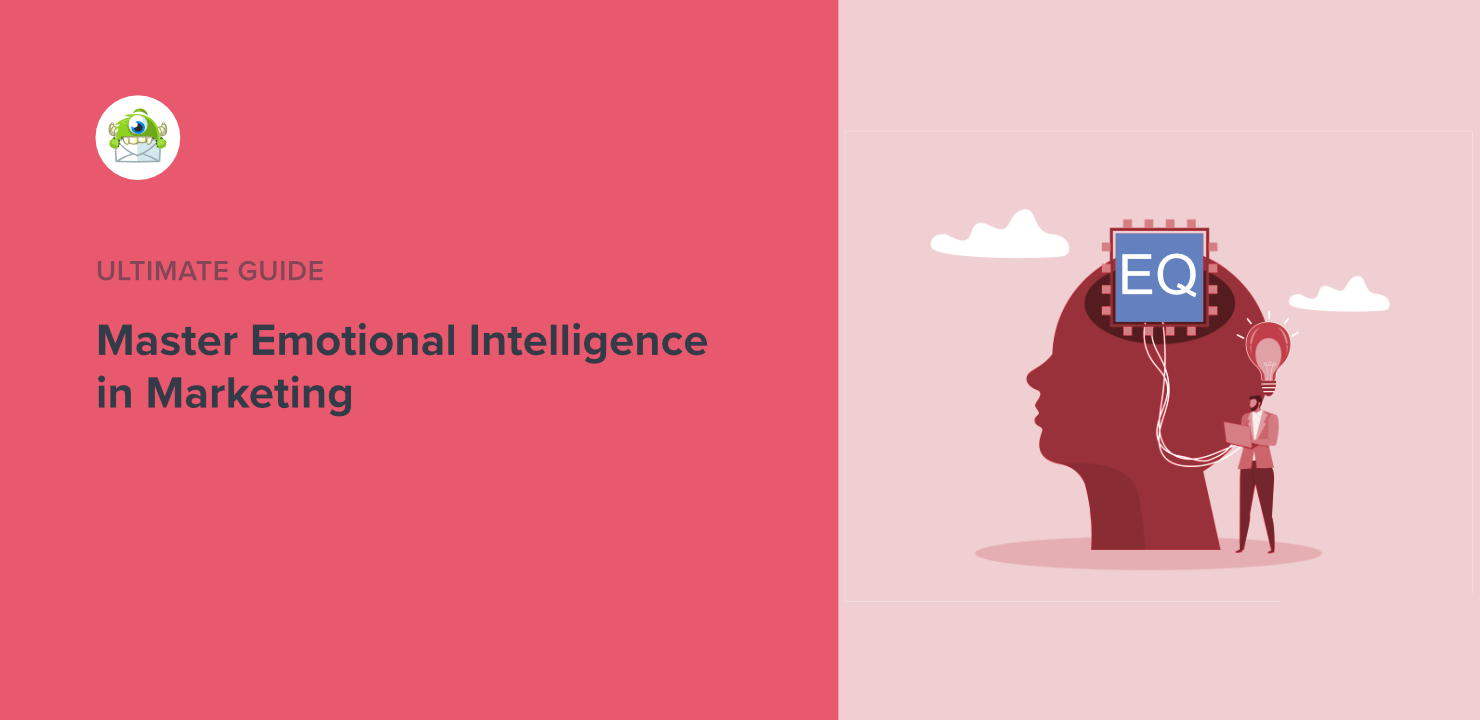
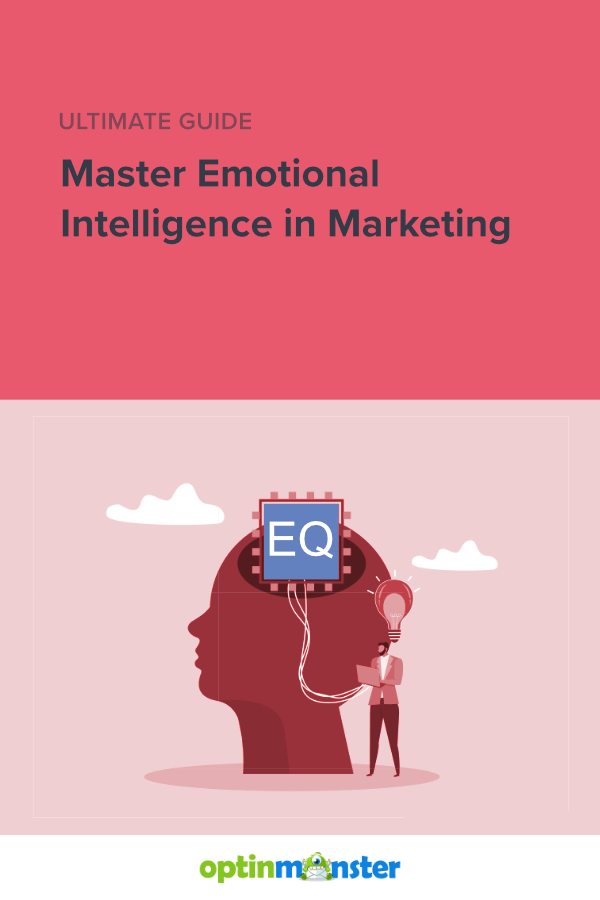
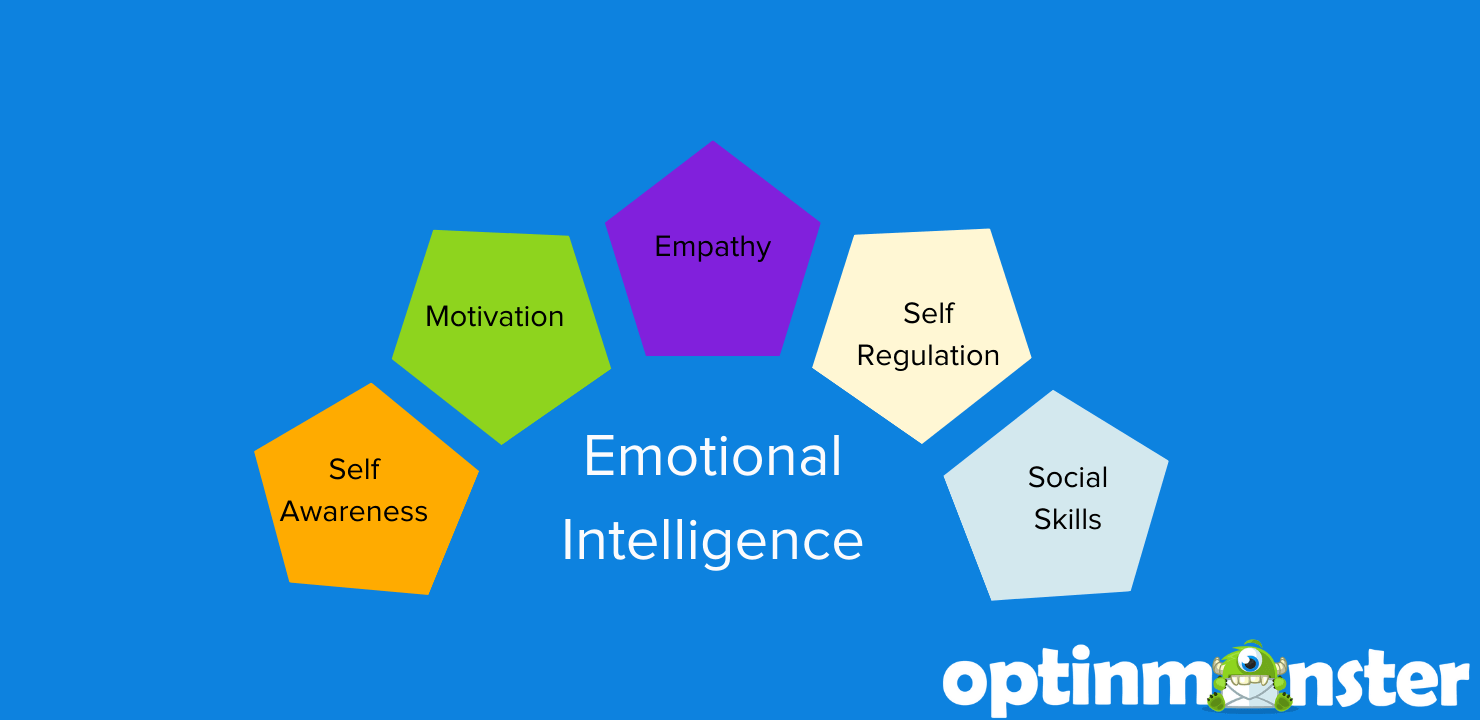
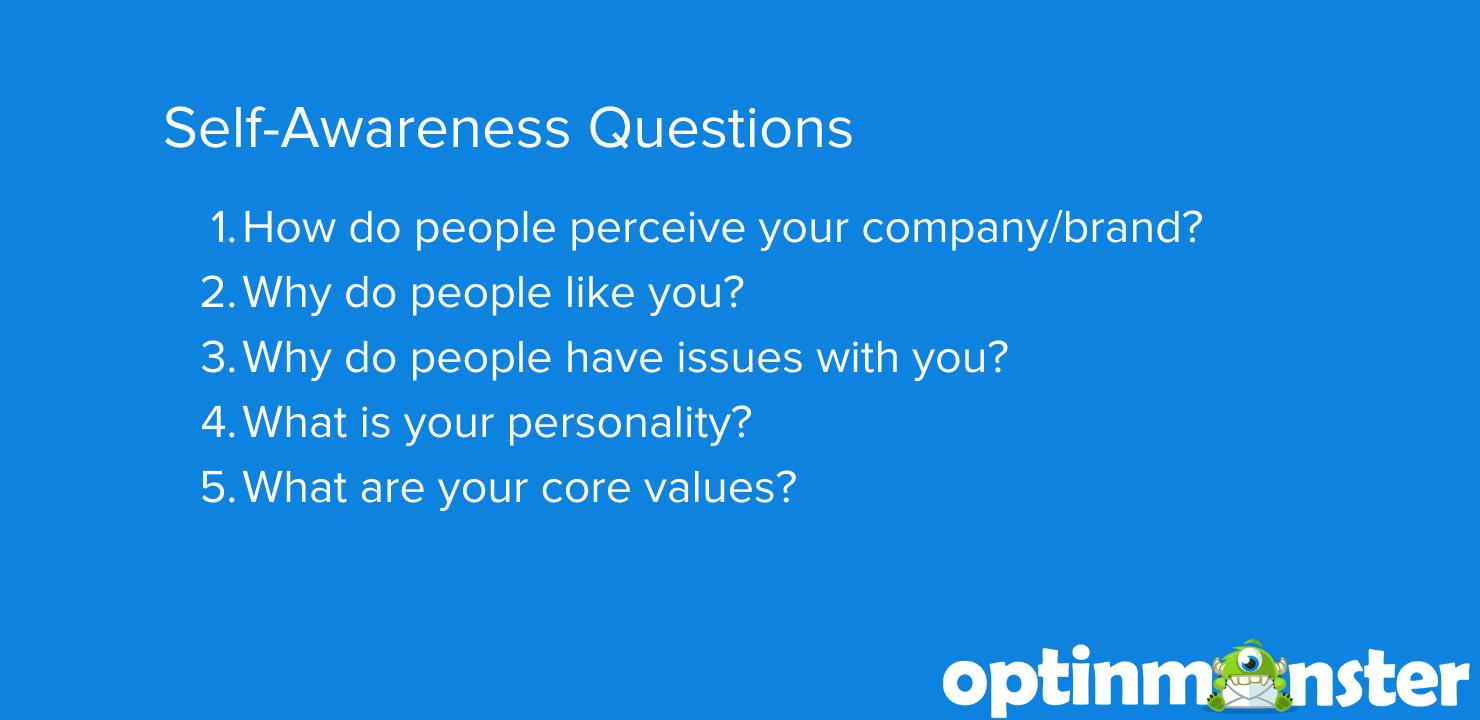
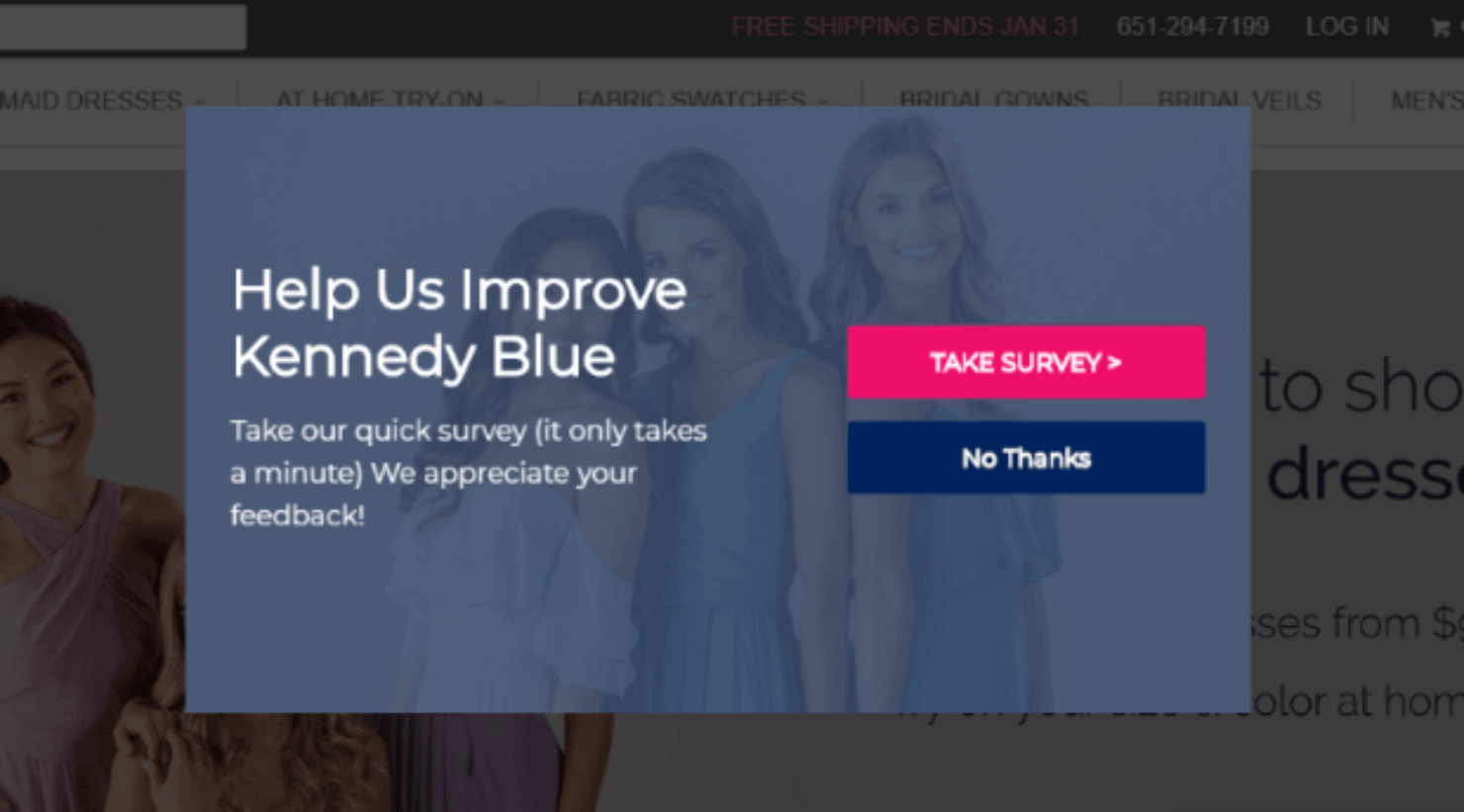
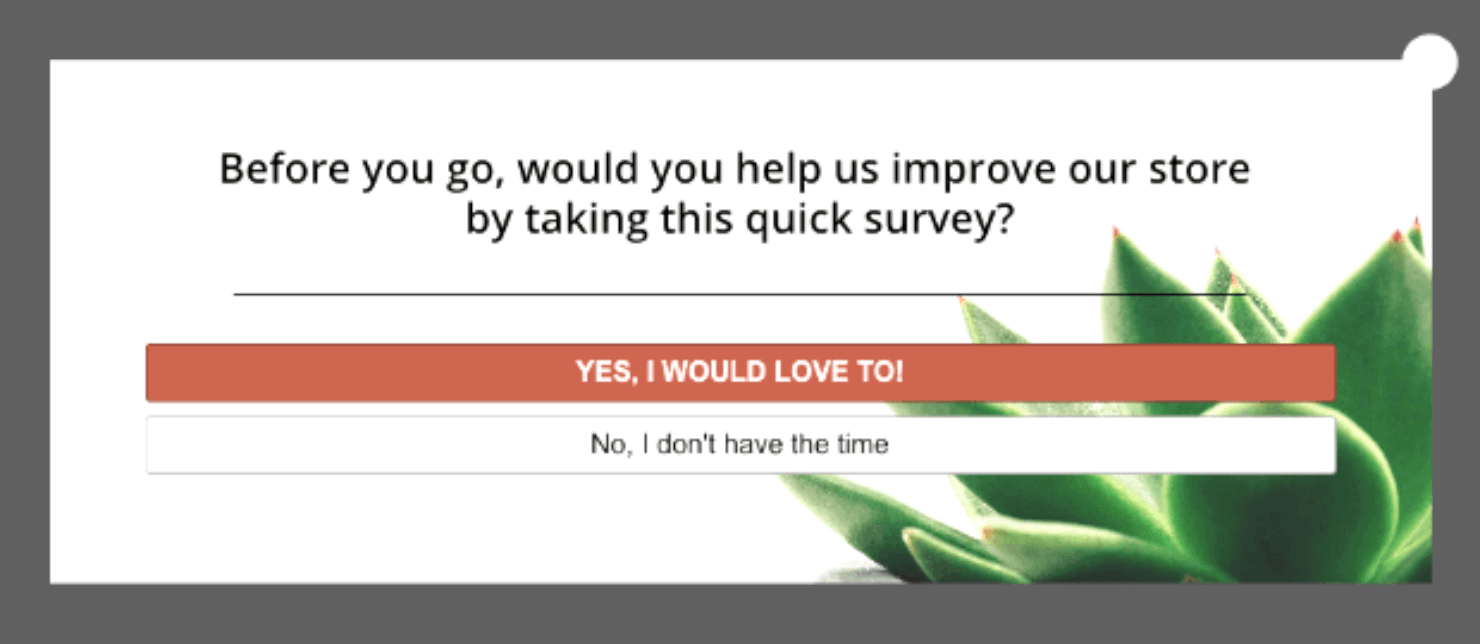
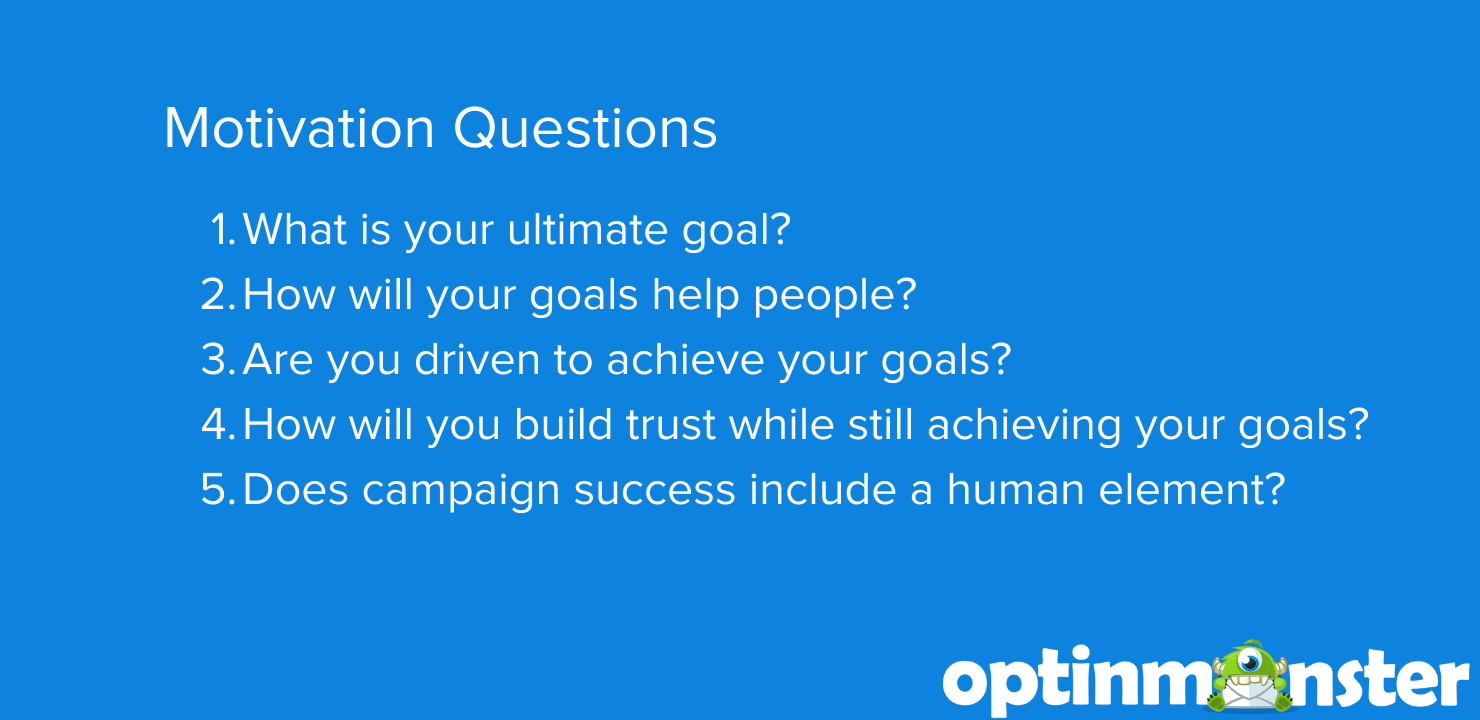
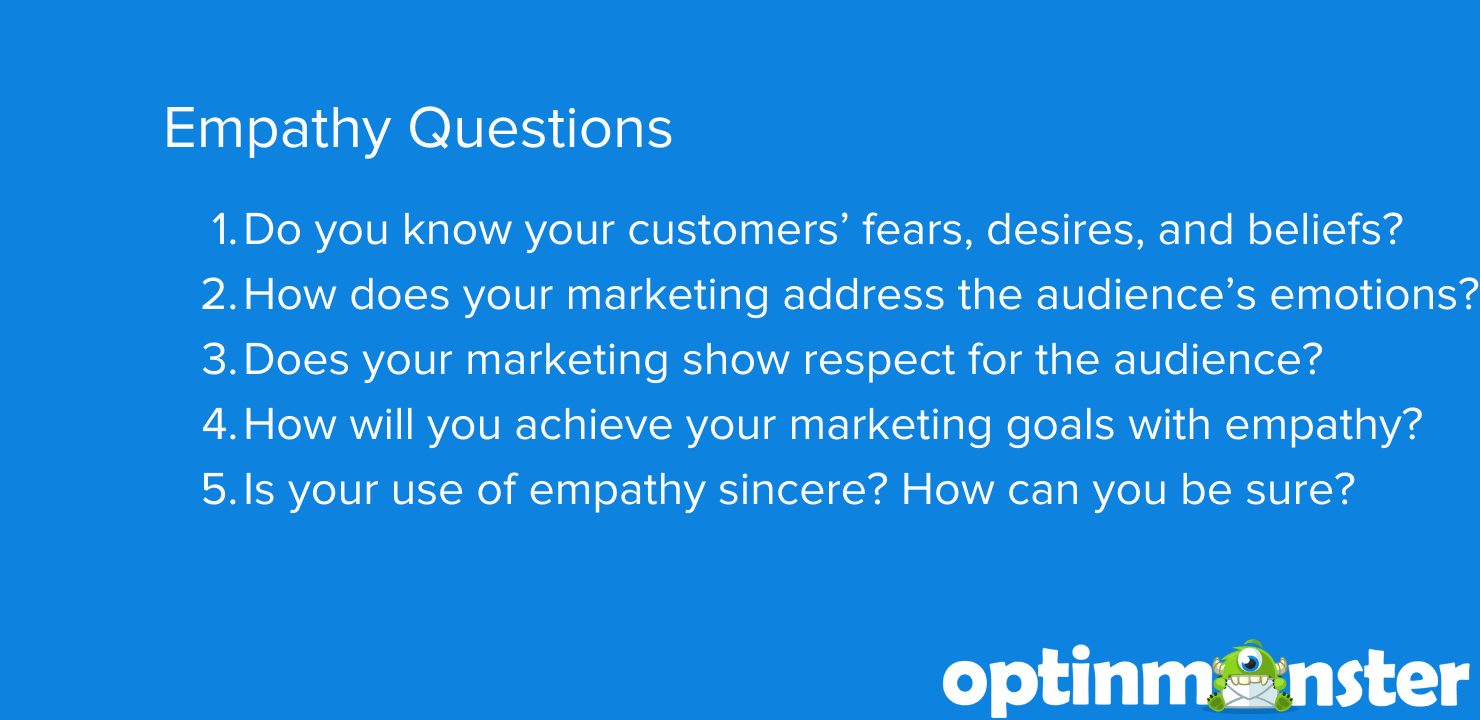
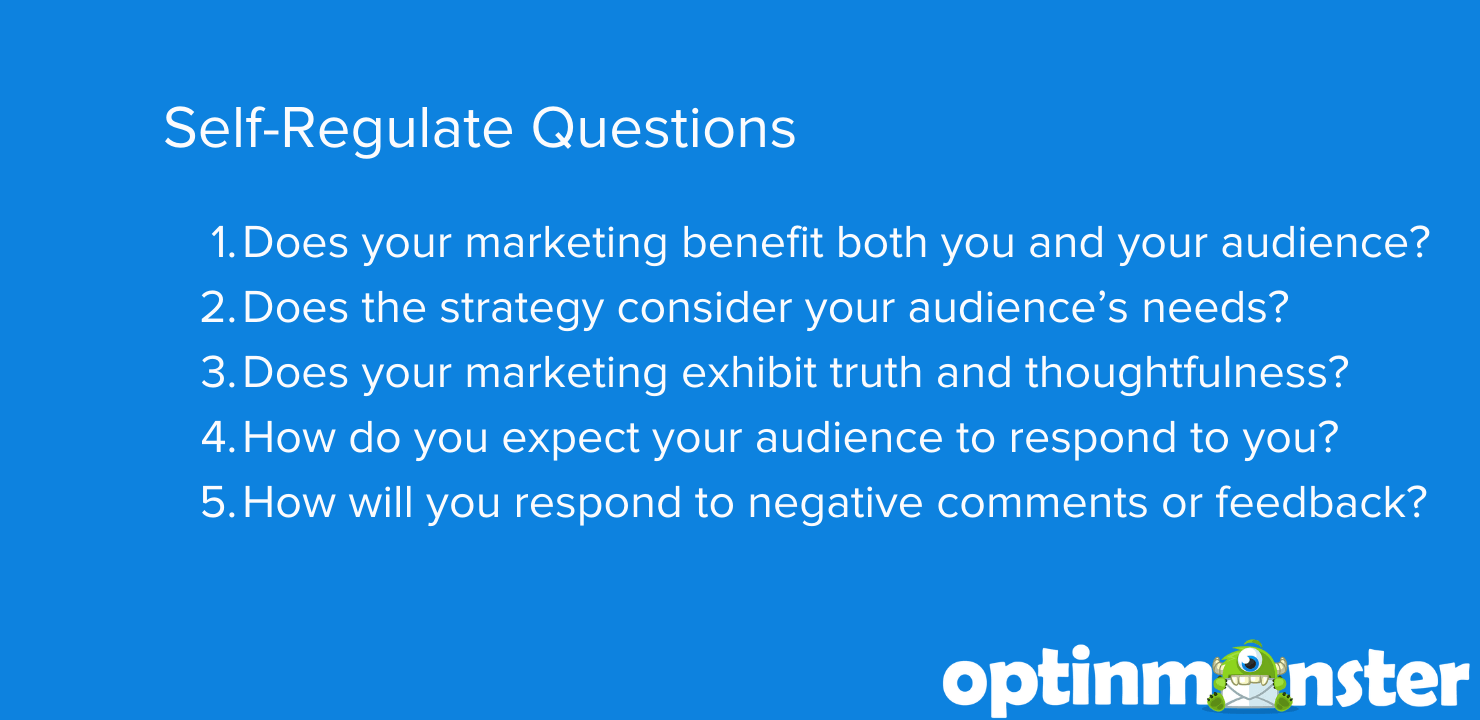
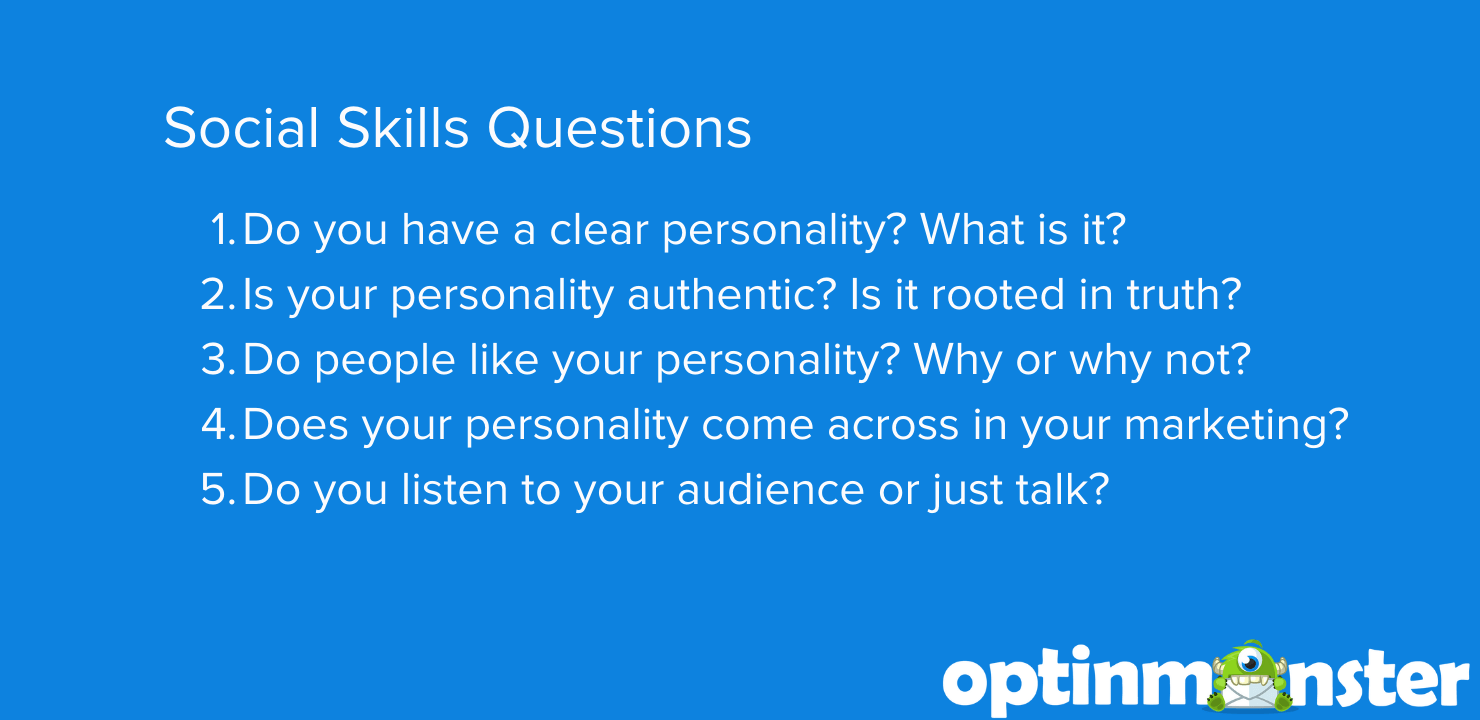


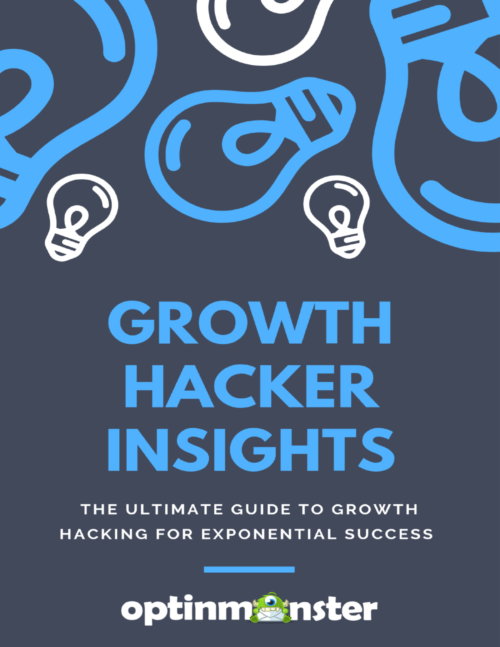
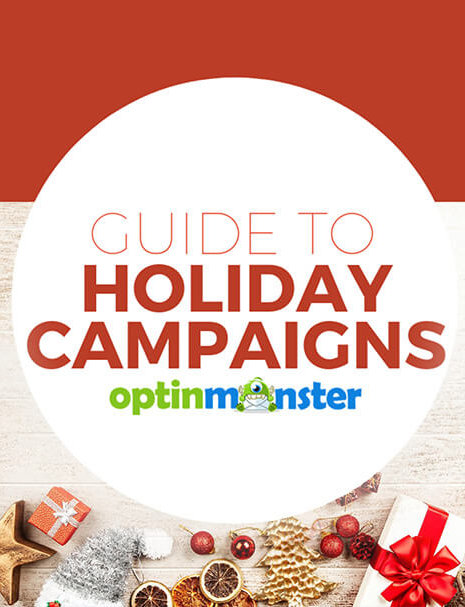
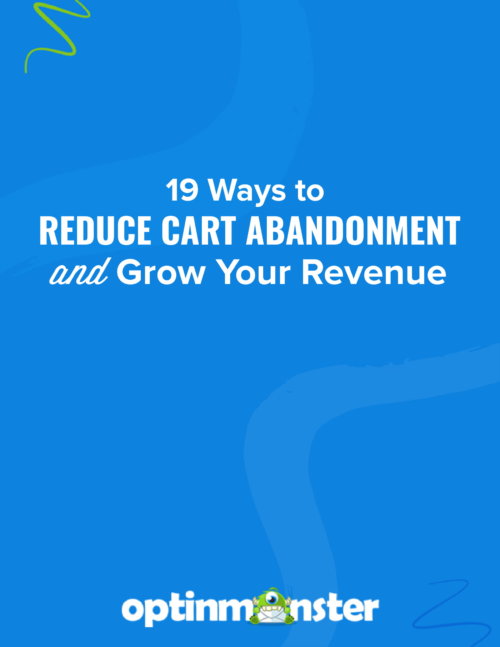



Add a Comment